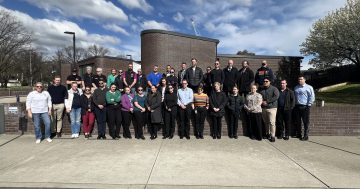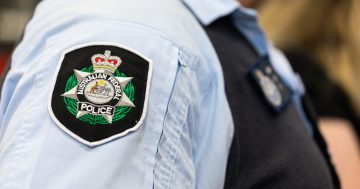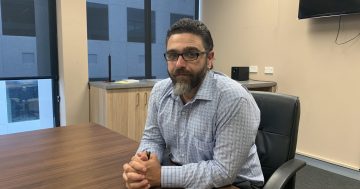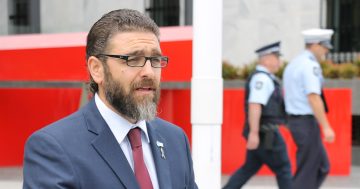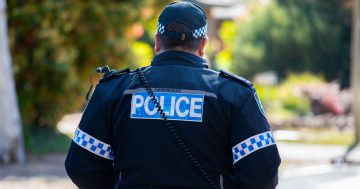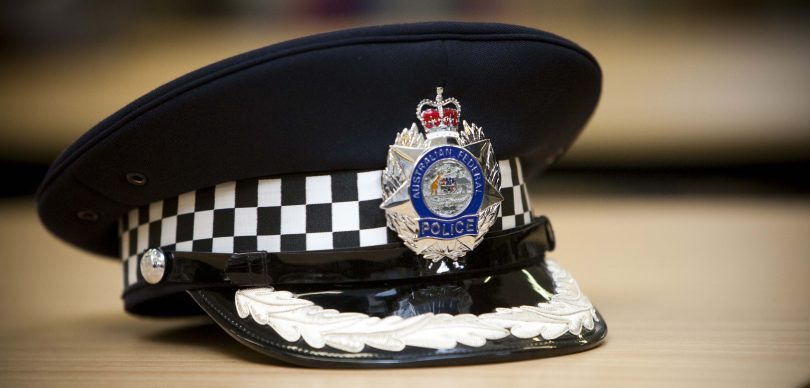
For the second time in six weeks, an AFP officer took their life at the Edmund Barton building. File Photo.
AFP officers’ mental health and wellbeing, and the lack of psychological assistance in the force have come under intense scrutiny once again after an AFP officer took her own life at the AFP headquarters in Canberra on Sunday (9 December).
The female officer was the second member of the force to take their own life at the Edmund Barton Building headquarters in the past six weeks and the fourth AFP member across Australia in the past two years.
Her death has rung alarm bells for the force and the Australian Federal Police Association (AFPA) has concerns about the lack of psychological assistance for officers.
Following the tragic incident over the weekend, AFPA president Angela Smith said that she had received an abundance of texts and messages from alarmed and concerned members.
“Losing a member of the AFP is always difficult. I am troubled by this incredibly sad and sudden loss of one of our members. My condolences and sympathies go to members who had the privilege of knowing and working with this officer,” Ms Smith said.
Ms Smith said members are distrustful of the current service in place, External Assistance Program, as it doesn’t deal with police and police-related matters very well.
“Members won’t declare their psychological stress to the job for fear of operational and stigma ramifications,” she said. “We have to stop making mental health abnormal. We need to make it normal. Make it routine and destigmatised.”
The AFPA recently said the AFP is “immature, ineffective and insufficiently resourced” to help staff with mental health struggles and a lack of care for mental health had been shown over an extended period of time. Ms Smith said the AFP’s well-being as a whole needs more support and is also calling for an improved wellbeing program.
“What’s needed – and this is one of the key issues that I will discuss in detail with Commissioner Colvin – is an independent wellbeing model dedicated to AFP employees, but not directly connected to the job. It needs support and input from the AFPA, because we talk to the members about issues they don’t want to always share with the organisation.
“A well-resourced wellbeing program, which has sworn and unsworn staff and a 24-hour emergency call number, is absolutely essential if the AFP is to get on top of this tragic issue.”
If you need crisis support you can call Lifeline on 13 11 14, or the suicide callback service on 1300 659 467 for professional 24/7 telephone and online counselling. You can also seek support from Beyond Blue on 1300 22 4636.












